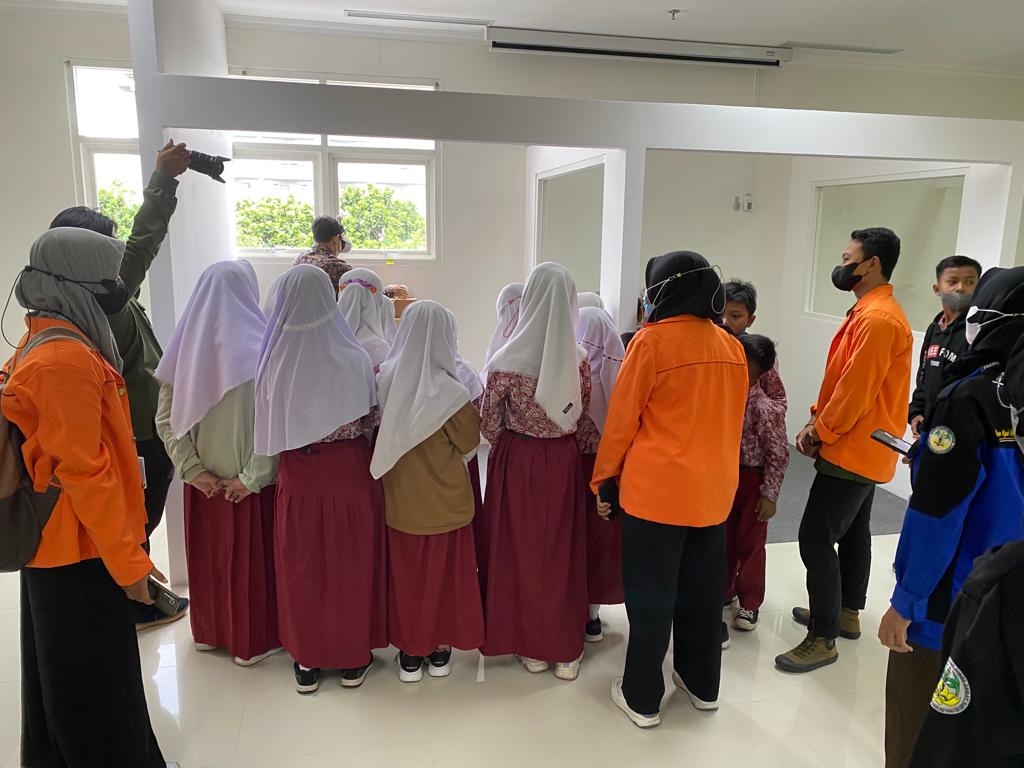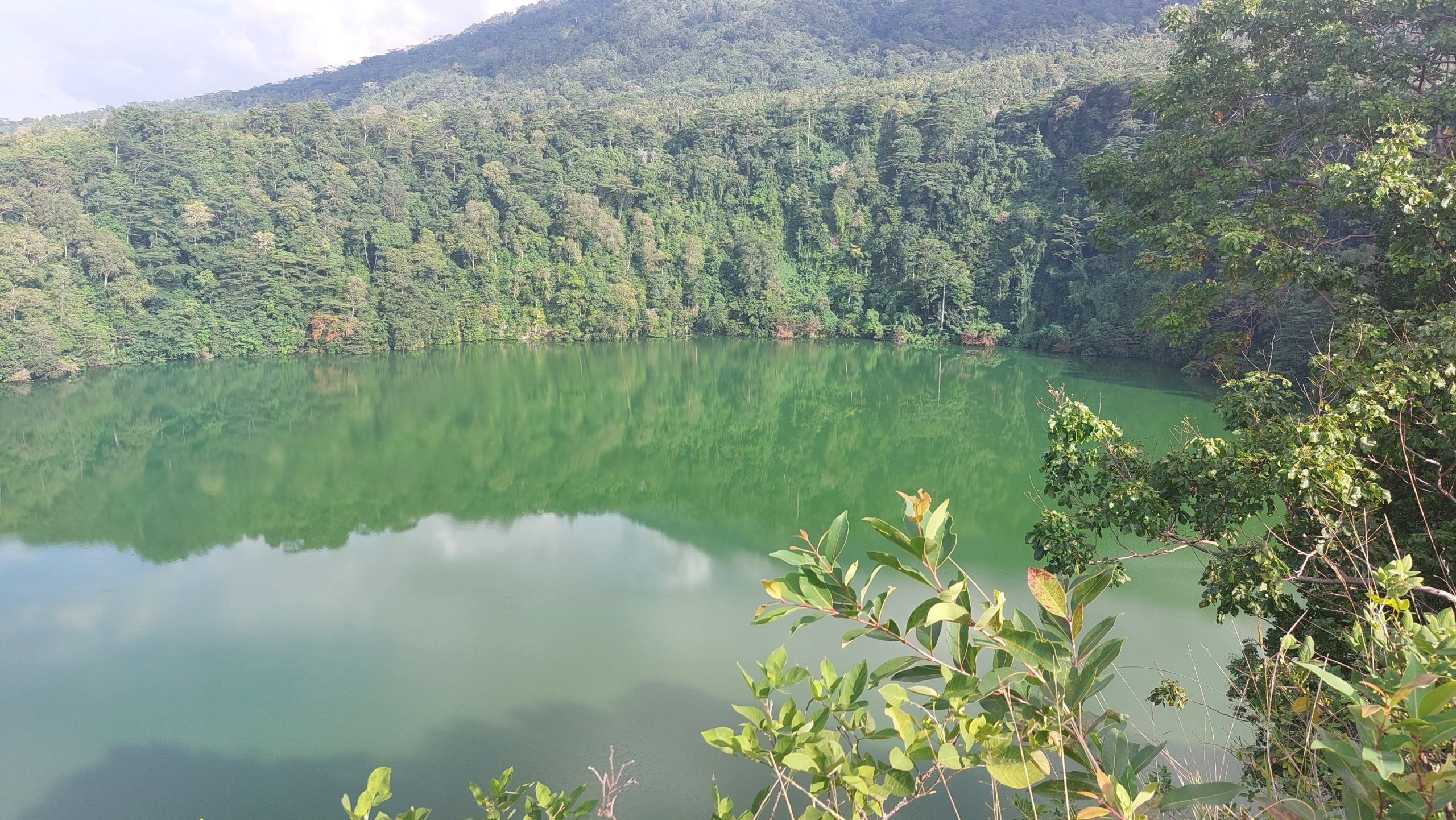As an all of society problem, building disaster resilience requires an all of society solution. The project positions HEIs as key agents in building disaster resilience due to their unique position to act as catalysts for research and educational initiatives, and to mobilise networks, resources and specialist expertise during emergencies and recovery phases.
The framework integrates and expands disaster resilience capacity building activities at different levels: individual, curriculum, research & research knowledge transfer, institutional, community and national. HEIs therefore contribute to building resilience through their teaching, research and extracurricular activities, as well as through their work with communities and other external stakeholders, and their input into policymaking.
Local BUiLD Centres of Excellence in Disaster Resilience are seeking to support disaster resilience capacity building amongst several society groups through their community outreach activities, the training and deployment of volunteers, disaster awareness training, knowledge transfer activities, support for disaster response and recovery, and fundraising. Some target groups are marginalised and include communities in Indonesia’s less developed regions or those displaced by disasters, women, youth, and children including orphans.
Community service activities are led by designated staff and may also involve students who have completed the full programme of BUiLD disaster resilience days and are thus qualified to act as responders in communities, or those completing internships with non-governmental organisations, emergency services and disaster aid organisation.
Responsibilities of local Centres during the disaster response and recovery stages extend to their duty towards local communities, not only by mobilising and coordinating volunteers, but also through systematic information exchange; the provision of specialist equipment; psychosocial support and the provision of facilities for coordination activities storage and temporary shelters
Community engagement activities of different CoEDRs are driven by the local disaster resilience context. Co-located with the largest industrial estate in Southeast Asia, President University are focusing on the development and expansion of waste management solutions in an attempt to counteract climate change.
Universitas Lambung Mangkurat are focusing on delivering training to local communities and businesses in relation to flood early warning systems and bush fire prevention, whilst Universitas Khairun and Universitas Muhammadiyah Palu are working with coastal communities on Tsunami mapping and planting Mangrove forests as a natural means of tidal disaster mitigation.
Some initiatives are designed to encourage the active participation of the public in disaster mitigation and response. Examples include Ubaya’s scheme aimed at training and enabling taxi drivers to report incidents and President University’s co-developed disaster app designed to encourage and enable members of the public to report incidents via an authoritative verification mechanism.
Other initiatives, pursued for example by Universitas Ahmad Dahlan, focus on building the disaster resilience capabilities of families and within schools and village communities.
A communality of the community support activities listed is that they are based on the principles of systems thinking, multistakeholder integration, adaptive governance and scalability. They can therefore be replicated elsewhere within Indonesia, the Southeast Asian region or internationally.
The BUiLD Disaster Network MaTTa Bencana has a designated partnership division responsible for developing strategic partnerships that can support collaborative activities of the formal and professional education division, research and community service division and fundraising division.

Key Indicators
Since the commencement of the project, 266 volunteers were trained, including 70 members of staff, 60 students, 50 community members and 50 representatives of local businesses.
141 volunteers were deployed during 8 of the overall 12 incidents that the centres collectively responded to.
For example, in December 2021, Universitas Islam Indonesia deployed 30 volunteers to provide psychosocial support to villages affected by the Mt Semeru volcanic eruption that affected over 5,000 people. In July 2022, Universitas Muhammadiyah Paly supported the emergency response to the Torue flood, Sulawesi, that affected 1,459 people (including 27 pregnant women, 42 babies, 164 toddlers, 177 elderly residents, and 5 people with disabilities). In 2022, Universitas Ahmad Dahlan deployed 50 volunteers to provide psychosocial support after an elementary school building collapsed.
So far, 121 members of the community and 14 representatives of local businesses have been trained using the BUiLD Virtual Reality tool with the expectation that they will disseminate the knowledge gained further across their communities.
347 members of the community and 120 representatives of local businesses were trained in other aspects of disaster resilience, informed by local disaster risk landscapes and expertise held by local centres. A total of 18 training events were recorded, including:
- The delivery of the BUiLD Disaster Prevention Days and Volunteer Training Programme to Ternate communities (Universitas Khairun)
- Disaster resilience capacity building for families for the Kulonprogo community (Universitas Ahmad Dahlan)
- Hazard and Vulnerability Assessment and Basic Trauma and Cardiac Life Support Training to Tourism Village Administrators in Bantul Region, Sleman Region, Kulon Progo Region, and Gunungkidul Region (Universitas Islam Indonesia)
- Creating earthquake resilience communities (Universitas Islam Indonesia)
- The role of youth in disaster mitigation (Universitas Islam Indonesia)
Collectively, fifteen fundraising campaigns were initiated since 2020 to support communities affected by local disasters and the Covid-19 pandemic, whereby collective funds raised so far amount to €10,850. Campaigns were in support of:
- Those affected by Covid-19 (2020)
- Flood in Bekasi (2021)
- Flood in Ternate (2021)
- Mount Semeru Eruption (2021)
- Flood in Norh Halmahers (2021)
- West Sulawesi Earthquake (2021)
- Flood in South Kalimantan (2022)
- Sulbar Earthquake (2022)
- Cijanjur Earthquake (2023)
Centre-led community outreach activities to support disadvantaged communities include, amongst others:
- Poster-based disaster awareness campaigns to students at Putri Aisyiyah Orphanage,Palu (Universitas Muhammadiyah Palu)
- Covid-10 Safe School Programme (Universitas Ahmad Dahlan)
- Building disaster resilient villages, Kulonprogo community (Universitas Ahmad Dahlan)
For more insights into the community outreach activities pursued by our centres, visit the news pages of the BUiLD Disaster Resilience Network MaTTa Bencana.
Last updated 02/08/2023

